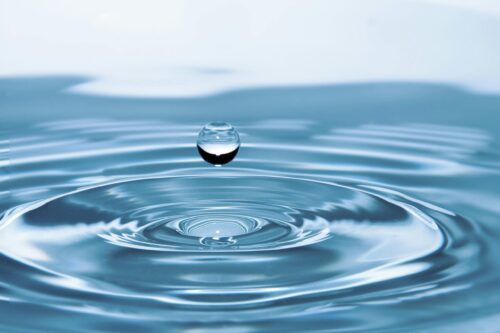Role of Water stands as one of the Earth’s most crucial substances, indispensable for the survival of all living organisms. Its significance spans beyond mere sustenance, extending into everyday essentials and industrial processes. Despite its fundamental importance, water often faces neglect and misuse. It is imperative to recognize its critical role and ensure responsible usage.
Contents
Importance and Role of Water
Clean water is essential for all life forms on Earth. From daily activities like drinking and cooking to industrial and agricultural needs, every sector relies heavily on this precious resource. Farmers, gardeners, and industrialists alike depend on water for their operations. Thus, safeguarding clean water ensures the well-being of future generations and sustains the balance of ecosystems.
Why Water Conservation is Crucial
In many regions worldwide, water scarcity is a pressing issue, affecting millions who lack access to adequate water sources. Rainwater harvesting and afforestation emerge as effective methods to naturally replenish water sources and mitigate shortages. By adopting these practices, we can secure water availability for the future.
Also Visit: A Comprehensive Guide to Health
Promoting Sustainable Role of Water Practices
Educating communities about water conservation is essential. Simple habits such as fixing leaks, using water-efficient appliances, and practicing responsible water use in daily activities can collectively make a significant impact. Additionally, efforts to maintain the cleanliness of water bodies like rivers are crucial for preserving aquatic ecosystems and ensuring safe water for all.
The Global Challenge of Water Scarcity
Despite water covering about 71% of the Earth’s surface, only a small fraction of it is suitable for human consumption. Increasing pollution and climate change further threaten water security. Addressing these challenges requires collective action to protect and conserve water resources for generations to come.
Strategies for Water Conservation
Implementing water-saving technologies and practices across various sectors—from households to industries and agriculture is paramount. Innovations like low-flow fixtures, rainwater harvesting systems, and efficient irrigation techniques play a pivotal role in reducing water usage. Such initiatives not only conserve water but also promote sustainable development.
The Path Forward
As the demand for water continues to rise with population growth and industrial expansion, proactive measures become even more critical.
Conclusion
Preserving clean water is not just a necessity but a responsibility towards the planet and future generations. Through concerted efforts in conservation and awareness, we can mitigate water scarcity and foster a healthier environment globally.
